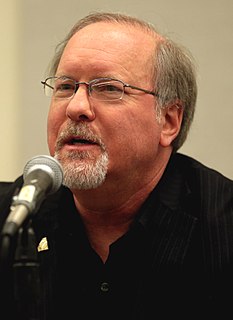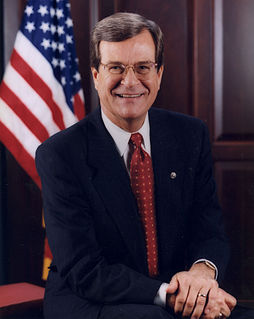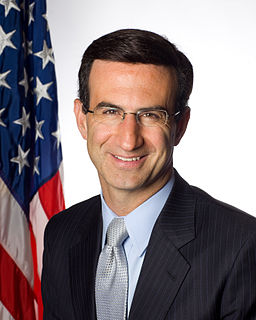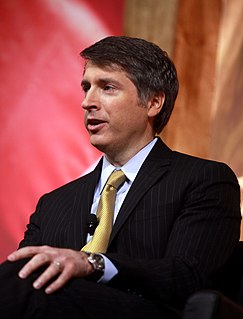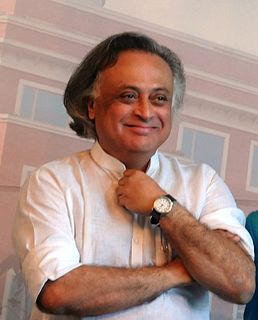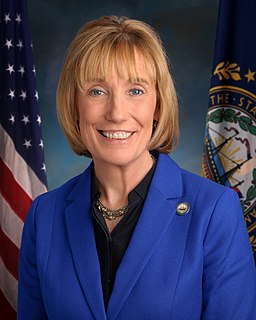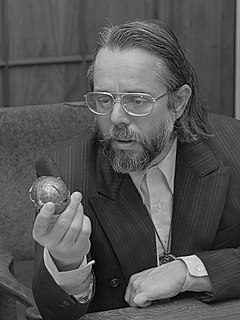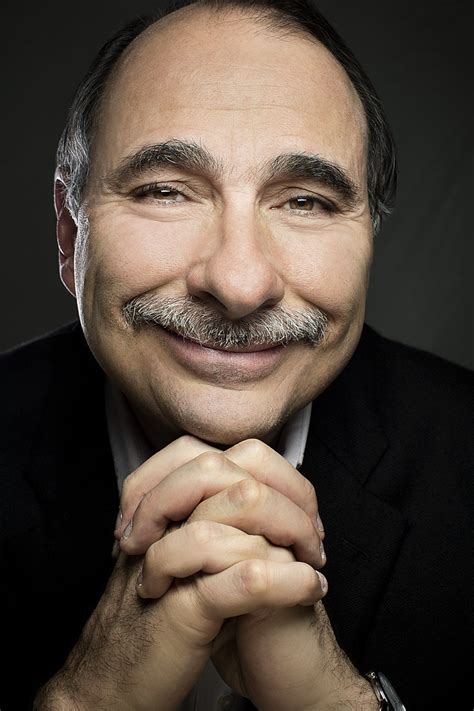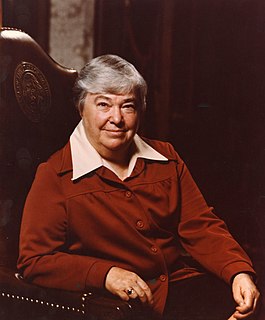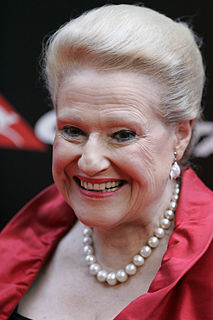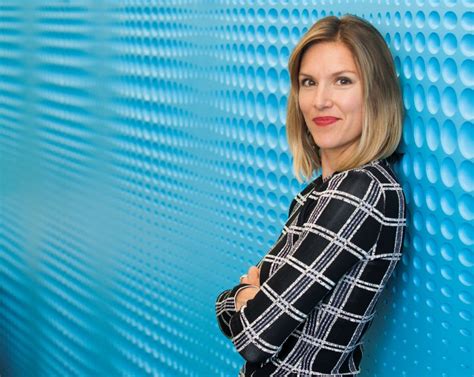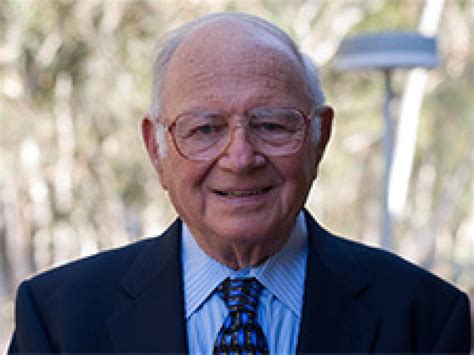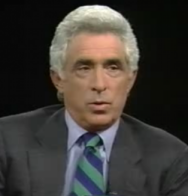Top 1200 Decisions Quotes & Sayings - Page 3
Explore popular Decisions quotes.
Last updated on April 16, 2025.
I'm interested in the balance between big currents in history - the economies, the ideologies, social structures, and so on - and the decisions that people have to make. At the heart of all these great decisions to go to war, there are human beings who have to say, 'Yes, let's do it,' or 'No, we won't do it.'
Here's how it works: the president makes decisions. He's the decider. The press secretary announces those decisions, and you people of the press type those decisions down. Make, announce, type. Just put 'em through a spell check and go home. The greatest thing about this man is he's steady. You know where he stands. He believes the same thing Wednesday that he believed on Monday, no matter what happened Tuesday. Events can change; this man's beliefs never will.
If we all make systematic mistakes in our decisions, then why not develop new strategies, tools, and methods to help us make better decisions and improve our overall well-being? That's exactly the meaning of free lunches- the idea that there are tools, methods, and policies that can help all of us make better decisions and as a consequence achieve what we desire-pg. 241



